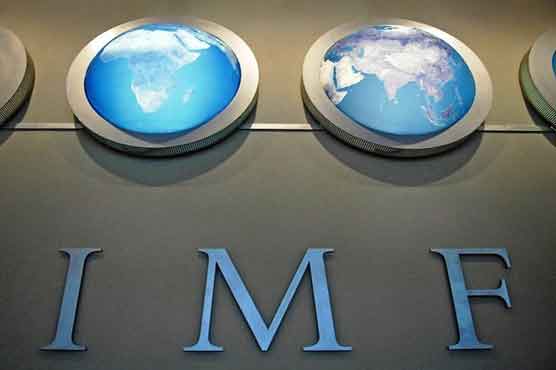High oil prices to support economic growth in MENA: IMF

The IMF has excluded Syria from the regional aggregate due to its 19-month conflict.

The IMF has excluded Syria from the regional aggregate due to its 19-month conflict.